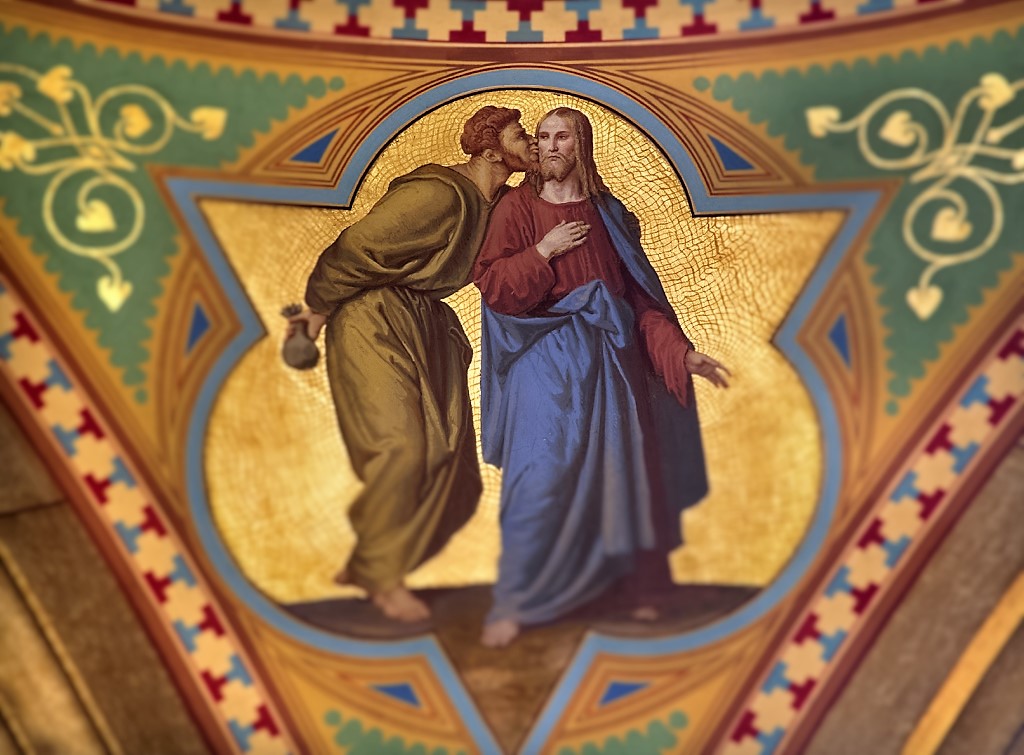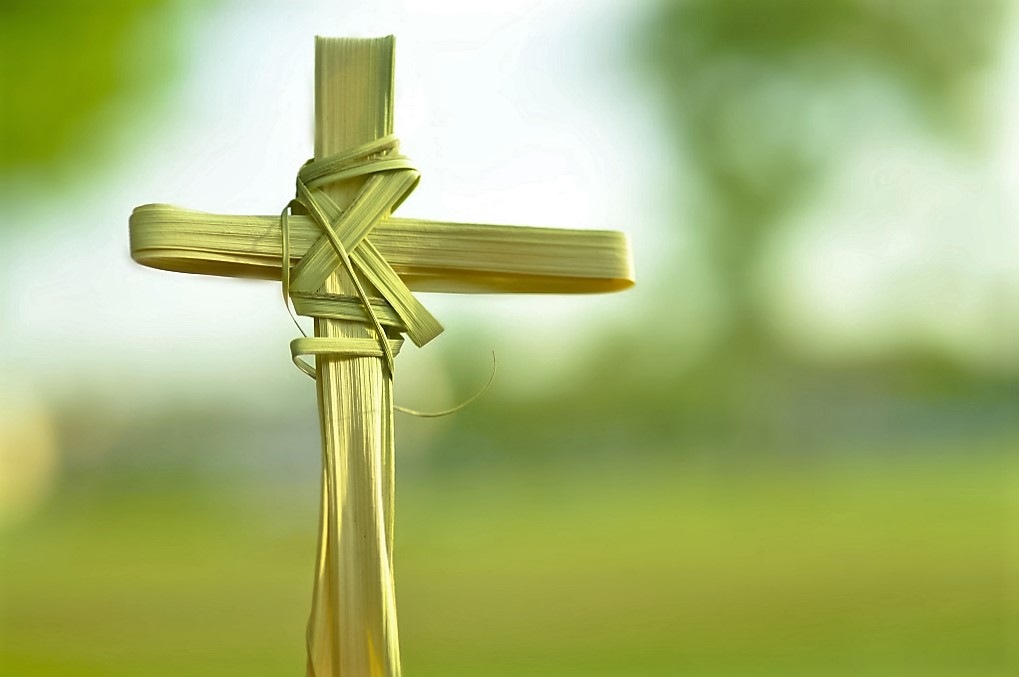With Holy Thursday, Lent ends and the Church enters into the Triduum: Holy Thursday, Good Friday and the Easter Vigil. This is the holiest time of the year for Christians. We enter into the eternal sacrifice of Jesus Christ, celebrate the Last Supper, walk with Him through the Passion and anticipate the Resurrection.
Holy Thursday is the most complex and profound of all religious observances, saving only the Easter Vigil. It celebrates both the institution by Christ himself of the Eucharist and of the institution of the sacerdotal priesthood (as distinct from the ‘priesthood of all believers’) for in this, His last supper with the disciples, a celebration of Passover, He is the self-offered Passover Victim, and every ordained priest to this day presents this same sacrifice, by Christ’s authority and command, in exactly the same way. The Last Supper was also Christ’s farewell to His assembled disciples, some of whom would betray, desert or deny Him before the sun rose again.
The Holy Thursday liturgy is one of sacrifice and service. The Gospel (from the Gospel of John) tells of Jesus washing the feet of His disciples in an act of service. He then instructs them to do the same. This Gospel then comes to life: the priest washes the feet of 12 people from the church congregation. It is an act of humble service, an example of the Christian life.
The liturgy moves then to the Lord’s Supper. Jesus and his Apostles were celebrating the Jewish Passover, a night that recalls the angel of death passing over the Jews in Egyptian captivity as they prepare to flee to freedom. The unleavened bread was necessary; there was no time to wait for bread to rise with yeast. Jesus takes this covenant, the promise between God and the Jews, and transforms it into the New Covenant, the promise of salvation and the triumph over death for all who eat and drink His Body, His Blood, in faith.
The end of the Holy Thursday liturgy is sober. After Communion, the Eucharist (which usually is held in repose in the Tabernacle) is moved and the Tabernacle stands empty. By now, Christ has been betrayed by Judas and is under arrest. The empty Tabernacle reminds us that Christ has been taken away. (The faithful then spend time in Eucharistic adoration; the Eucharist is typically moved to a temporary chapel.) In this way, the faithful “keep watch” with Jesus through the night.
The altar is stripped. The church takes on an empty, somber tone. Some churches follow the tradition of covering the crucifix and statues with a purple cloth. In essence, we anticipate our Lord’s Passion and the suffering of Good Friday.
Our faith offers us such rich, bountiful liturgical celebrations in the Triduum. Catholics and non-Catholics often refer to the “smells and bells” – incense, bells, music, and there is truth to that. Catholics worship with our whole bodies. Our senses are fed; we bow and kneel. We sing and process. We eat and drink. It is not a mere cerebral experience. We are not a quiet and polite audience to a theological discourse. No: God created us body and soul, and we return that gift by worshiping Him with our whole being.
The Holy Thursday liturgy abounds with symbols, examples of sacrifice and service, and yes, “smells and bells.” It is an opportunity to worship in a manner given to us only once a year. By all means, take advantage of this time to grow closer to Christ, our Lord and Savior.



